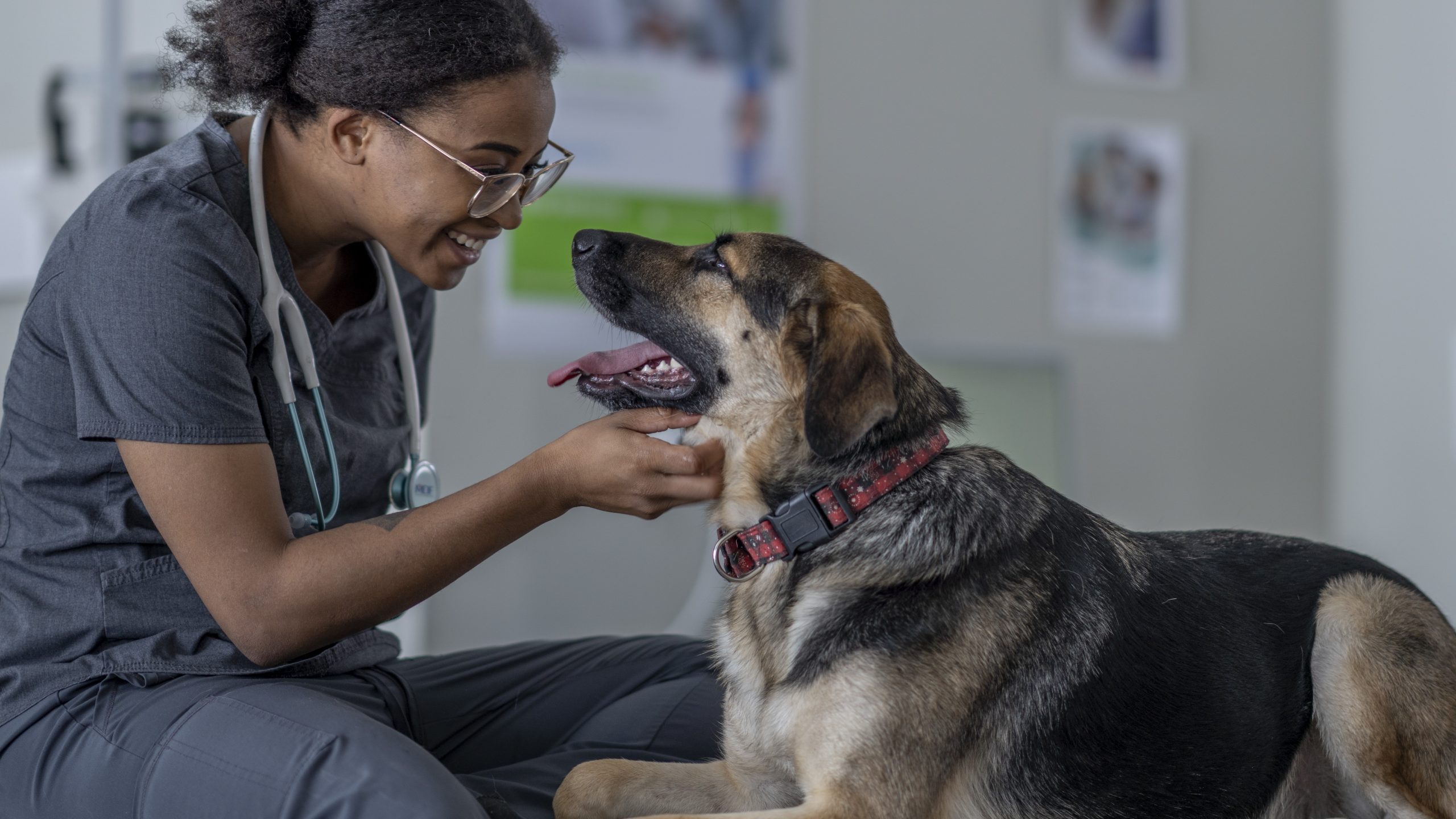Indicators It's Time to Browse Through Your Local Veterinarian
Comprehending when to look for veterinary treatment for your animal is vital for keeping their general health and health. Being attuned to these subtleties can make a substantial difference in your pet dog's top quality of life.
Modifications in Eating Practices
Modifications in consuming routines can be a crucial sign of a family pet's general wellness. Animal Hospital. On the other hand, an unexpected boost in food intake could show metabolic disorders, diabetes mellitus, or also behavior adjustments.
It is important for pet owners to monitor their animals closely and note any deviations from their regular consuming patterns. This consists of not only the quantity of food taken in yet likewise adjustments in the kind of food liked or reluctance to eat specific products. Additionally, animals may show changes in eating practices alongside various other indications, such as sleepiness, throwing up, or changes in behavior, which can further assist in determining potential health problems.

Inexplicable Weight-loss or Gain
Checking a pet's weight is as essential as observing their consuming practices, as unexplained weight loss or gain can suggest severe wellness problems. A noticeable change in weight, whether it be a considerable decline or a boost, must not be forgotten. Such fluctuations can indicate hidden clinical conditions such as diabetes, hyperthyroidism, kidney disease, or certain sorts of cancer.
In canines, unexpected weight-loss can result from gastrointestinal issues, parasites, or dental troubles that influence their capacity to consume. For cats, weight-loss can be especially worrying, as it may indicate a major wellness concern that calls for punctual focus. On the other hand, unexplained weight gain can be linked to metabolic problems, overeating, or perhaps certain medications that may alter appetite.
It is vital for animal owners to check their animals' weight regularly and to keep in mind any kind of modifications in their body condition. If you observe a constant trend of weight loss or gain over a brief period, it is advisable to consult your vet. Early discovery and intervention can lead to much more effective therapy options and better wellness results for your beloved animal.

Transformed Actions or Energy Levels
Frequently, family pet proprietors may see altered behavior or power levels in their animals, which can be an essential indicator of underlying wellness issues. Changes such as enhanced sleepiness, decreased interest in play, or unusual aggressiveness can represent that something is wrong. Family pets that generally show high power degrees may unexpectedly come to be lifeless, while those that are typically tranquil might come to be hyper or restless.
Furthermore, changes in everyday routines, such as changes in sleeping patterns, hunger, or social communications, warrant interest. For example, a canine that no more greets its owner at the door or a feline that conceals extra often could be experiencing distress. These behavioral changes can come from different factors, including ailment, discomfort, or psychological distress.

Indicators of Pain or Pain
Acknowledging indications of pain or pain in family pets is critical for guaranteeing their health. Furthermore, a dig this family pet may end up being much more withdrawn or display modifications in their usual sociability, preferring to separate themselves.
Pet dogs may present modified grooming habits, such as excessive licking of a particular location or disregarding their self-care entirely. Changes in cravings or drinking behaviors might additionally suggest underlying discomfort, as animals frequently lose passion in food when they are weak.
In addition, expect uncommon postures; for instance, an animal may take on a hunched setting or seem to protect a specific location of their body. If you observe any of these indications, it is crucial to consult your veterinarian without delay. Early intervention can bring about better administration of discomfort and enhance your pet's lifestyle.
Persistent Signs or Disease
Relentless symptoms or disease in animals require immediate attention and ought to not be neglected. If your family pet exhibits recurring indicators such as vomiting, looseness of the bowels, coughing, or sleepiness for greater than 24 hours, it is essential to consult a veterinarian. These symptoms can show underlying wellness concerns that might aggravate without prompt intervention.
Chronic conditions, such as allergies, diabetes, or kidney condition, frequently present with recurring symptoms that can significantly affect your animal's find out this here high quality of life. Additionally, modifications in cravings, weight reduction, or difficulty in activity are warnings that warrant further examination. Neglecting these indicators can lead to complications that are extra difficult and expensive to treat.
It is also vital to keep track of behavioral adjustments, as animals might not always exhibit noticeable physical signs. If your pet dog is unusually taken out, nervous, or hostile, this might indicate discomfort or discomfort that requires vet analysis.
Conclusion
In conclusion, understanding of the indicators showing a need for veterinary care is crucial for maintaining pet health and wellness. Normal tracking of a pet dog's problem and prompt action in response to concerning signs are important elements of responsible animal ownership.
Modifications in eating behaviors can be a vital sign of a family pet's overall wellness.It is essential for animal owners to monitor their pets closely and note any kind of discrepancies from their normal consuming patterns. In addition, pet dogs might exhibit changes in consuming behaviors along with various other indicators, such as lethargy, throwing up, or adjustments in behavior, which can even more assist in identifying potential wellness concerns.
It is essential Emergency Vet for pet proprietors to monitor their pet dogs' weight routinely and to keep in mind any kind of adjustments in their body condition. Normal surveillance of a family pet's problem and prompt activity in action to concerning indicators are important components of liable animal possession.